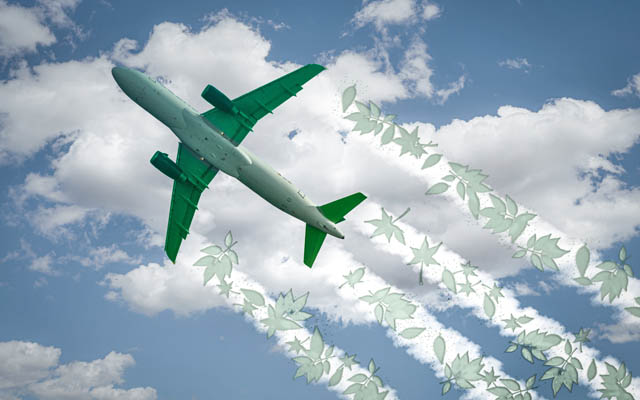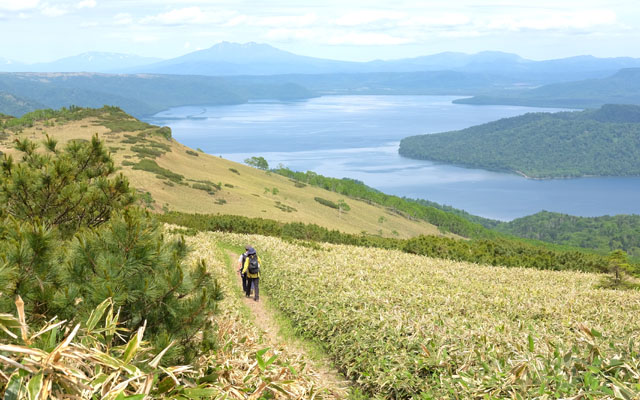The Singapore Airlines (SIA) Group has signed agreements with Neste and World Energy to acquire sustainable aviation fuel (SAF) and SAF certificates, supporting its decarbonisation efforts and providing further insight into renewable fuel systems, standards, and certification processes.
The first agreement involved the acquisition of 1,000 tonnes of Carbon Offsetting and Reduction Scheme for International Aviation (CORSIA)-eligible neat SAF from renewable fuel producer Neste. The SAF was produced at Neste’s refinery in Singapore, blended locally, and supplied at Singapore Changi Airport. This is the group’s second purchase of neat SAF from the same facility, contributing to the development of Singapore’s SAF infrastructure and improving supply chain resilience.

The group also purchased around 2,000 tonnes of CORSIA-eligible SAF in the form of emissions reductions from World Energy, a US-based producer, through the Book & Claim Chain of Custody model. This allows the group to claim emissions reductions without physical delivery of the fuel.
Both transactions were completed in 1Q2025 and are expected to reduce carbon dioxide emissions by more than 9,500 tonnes.
SIA also participates in the Green Fuel Forward campaign, an initiative led by the World Economic Forum and Singapore’s GenZero, aimed at increasing SAF use in the Asia-Pacific region. The campaign promotes awareness, use, and regional collaboration around sustainable fuel.
Lee Wen Fen, chief sustainability officer, SIA, said: “These agreements represent important steps in the SIA Group’s broader strategy to scale up its use of SAF. By working with different suppliers and exploring diverse sourcing models and certification pathways, we gain crucial insights into the SAF landscape and we can better understand the pathways towards a more sustainable aviation ecosystem.
“The SIA Group will continue to work with partners around the world to test and implement solutions that support the airline industry’s long-term decarbonisation goals. This will allow us to validate SAF demand, enhance our technical expertise in this area, and strengthen our ability to meet our medium-term commitment of five per cent SAF use by 2030 and long-term goal net zero carbon emissions by 2050.”


















